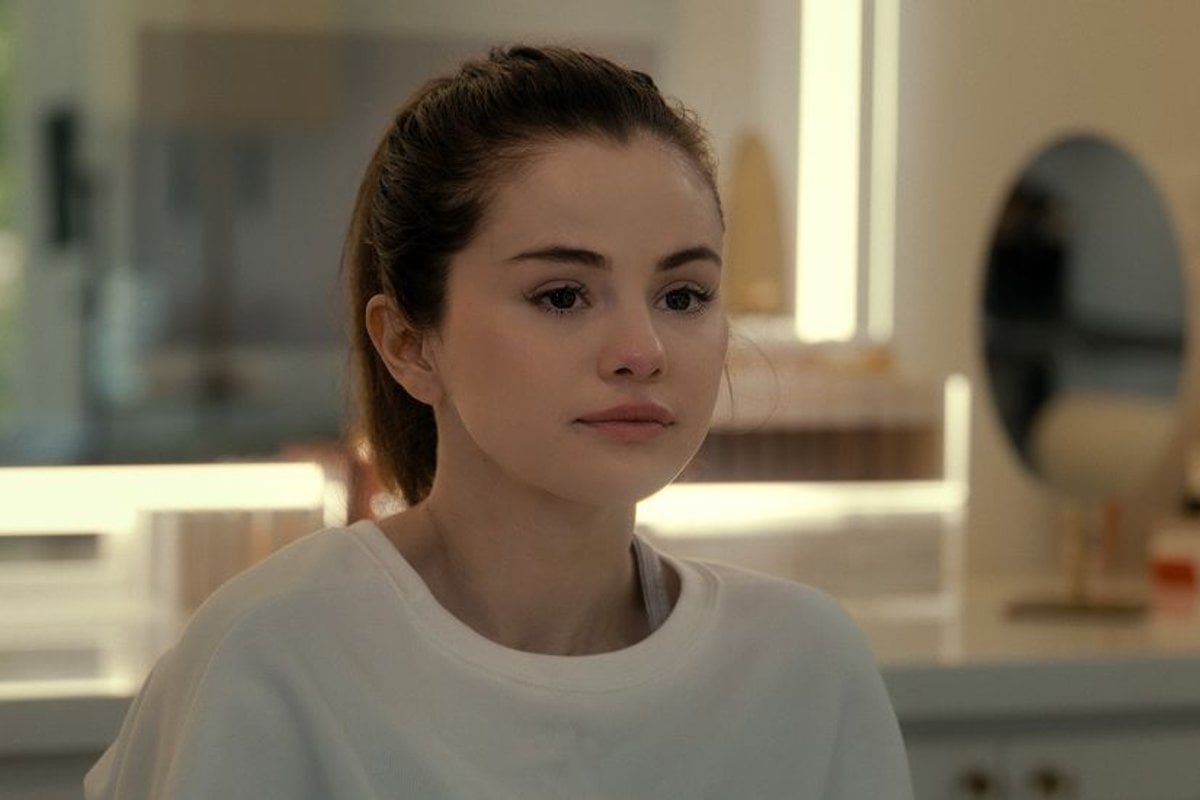
Content warning: This post includes discussion of suicide that may be distressing to some readers/listeners.
Selena Gomez’s long-awaited documentary, My Mind & Me, dropped on Apple TV+ on November 4, giving us a deeper insight into her private life.
Gomez is quite a private celebrity, and has even explained in the past that she doesn’t use Instagram, and has other people manage her account. We know her through her connections to other celebrities, like Taylor Swift and Justin Bieber, but aside from those relationships, she maintains a lot of secrecy around what she’s really like.
But, watching the documentary, we quickly learn how affected she has been by her diagnoses of lupus, an autoimmune disease, and bipolar disorder. She’s struggled with anxiety, depression, psychosis, and chronic pain all throughout her life, which has mostly been spent working.
Watch: Official trailer for Selena Gomez: My Mind & Me.
Here’s everything we learned about Selena Gomez from her documentary.
Working for Disney made her feel like a 'product', and press tours as an adult triggered that feeling.
As a teenager, Gomez landed a role on Disney Channel series Wizards of Waverly Place, becoming part of the Disney machine with many of the peers she's still considered alongside, like former best friend Demi Lovato, Miley Cyrus and the Jonas Brothers.

